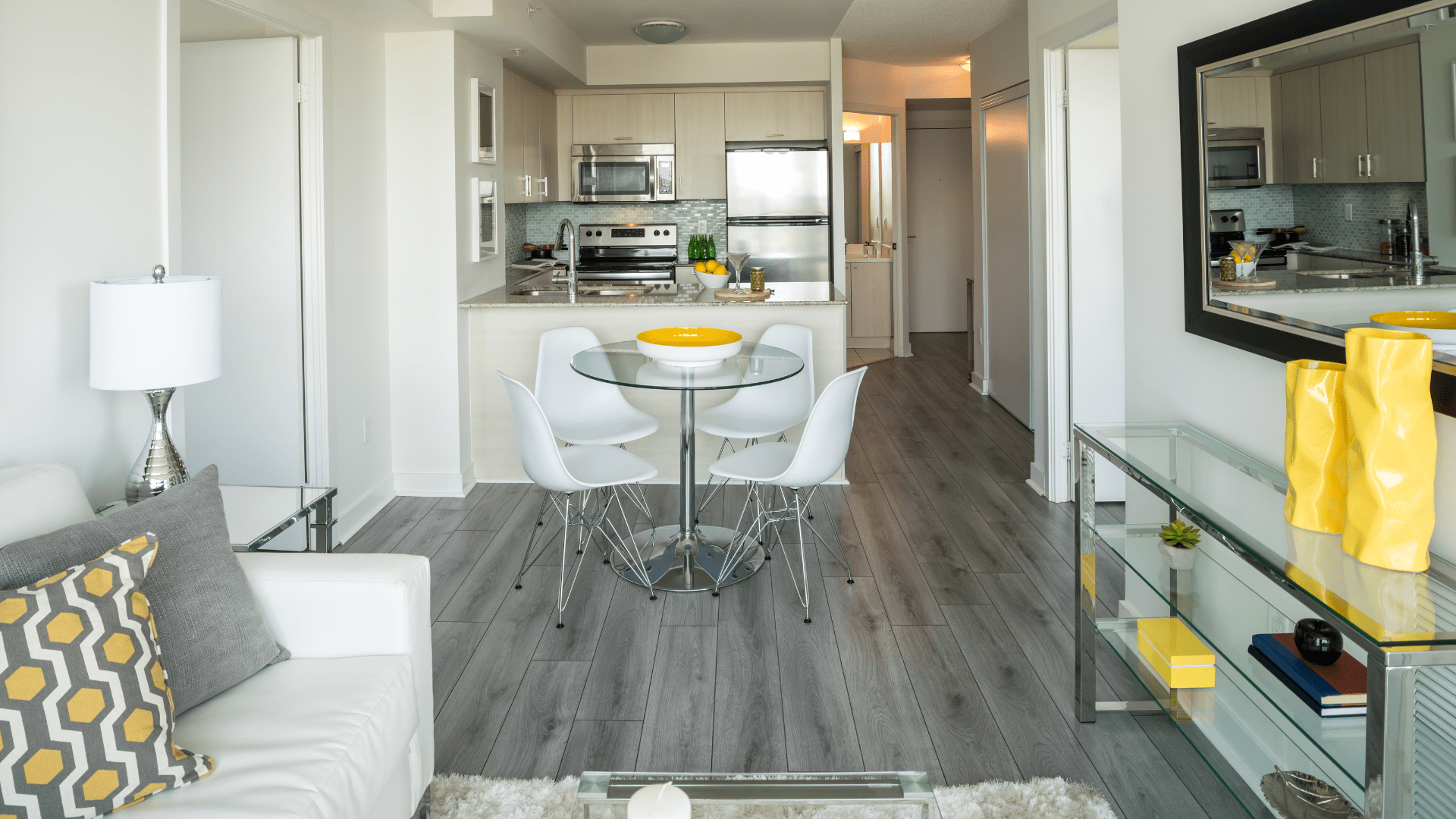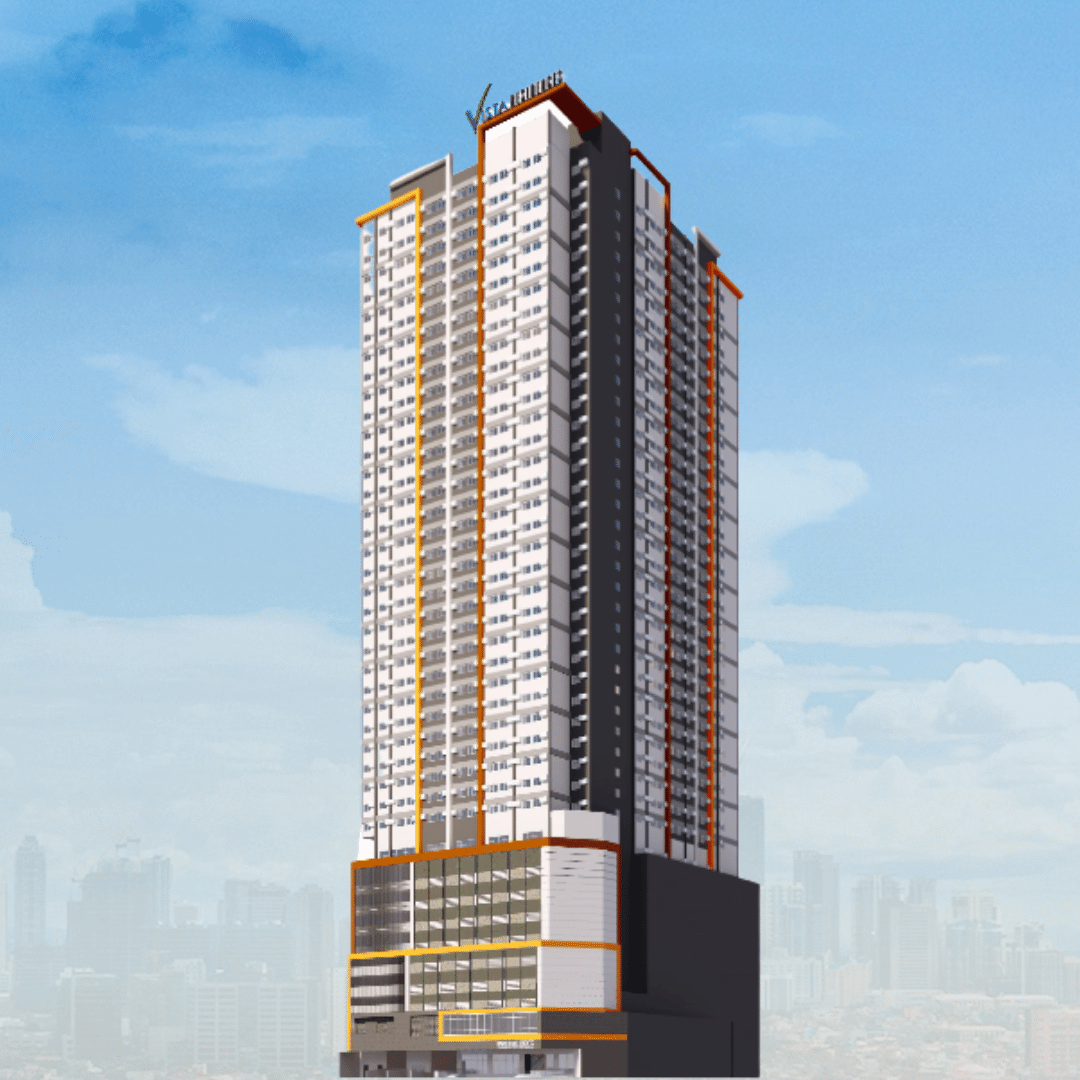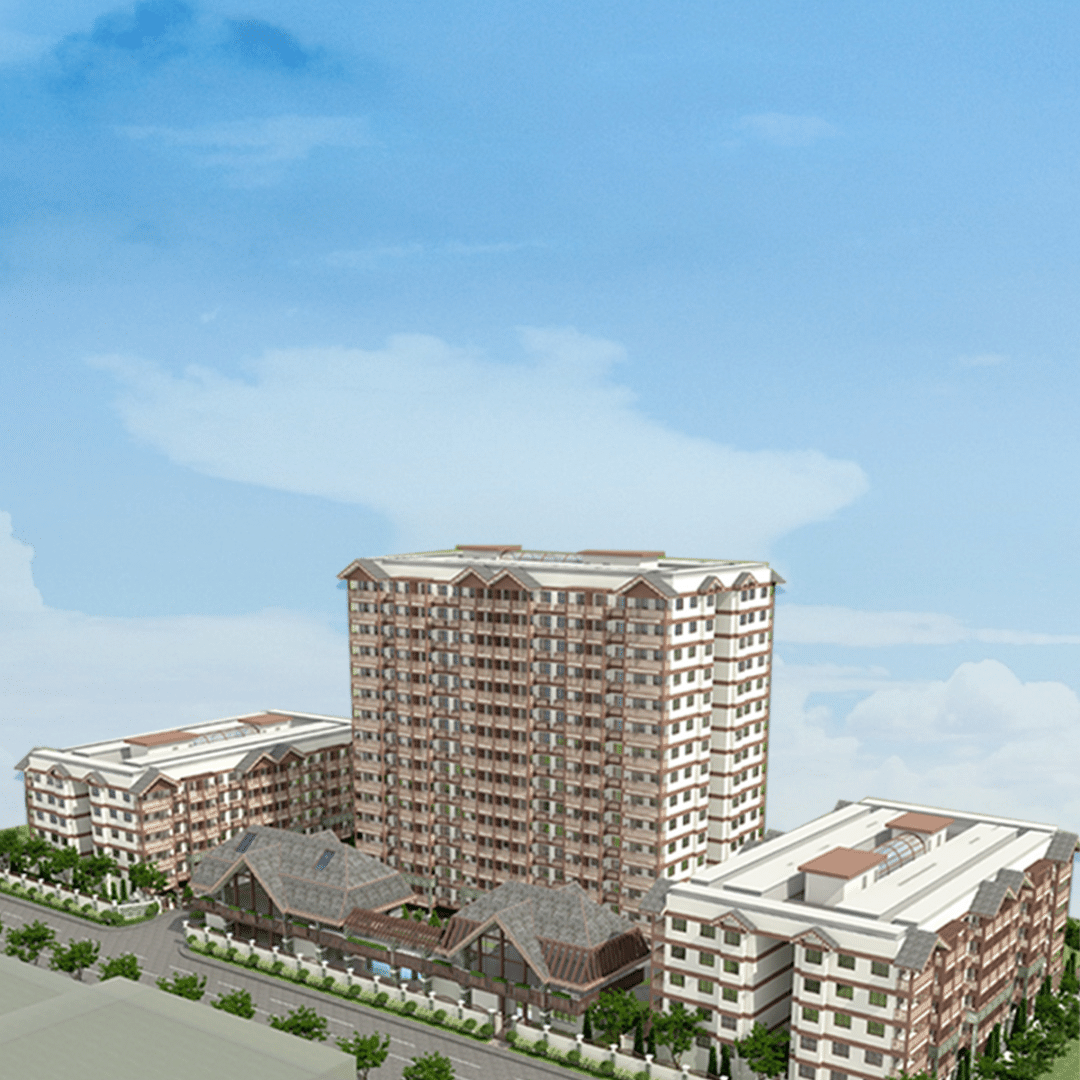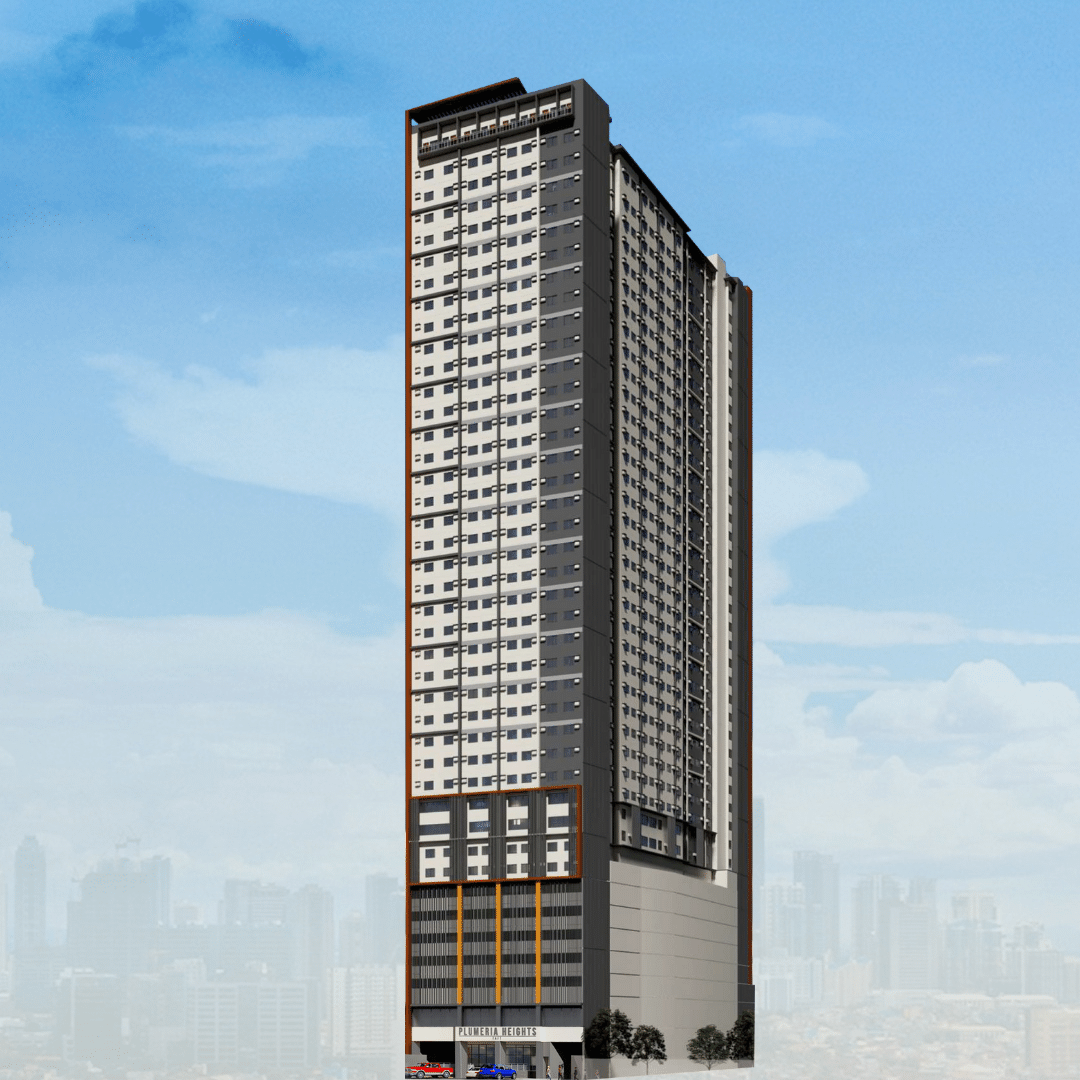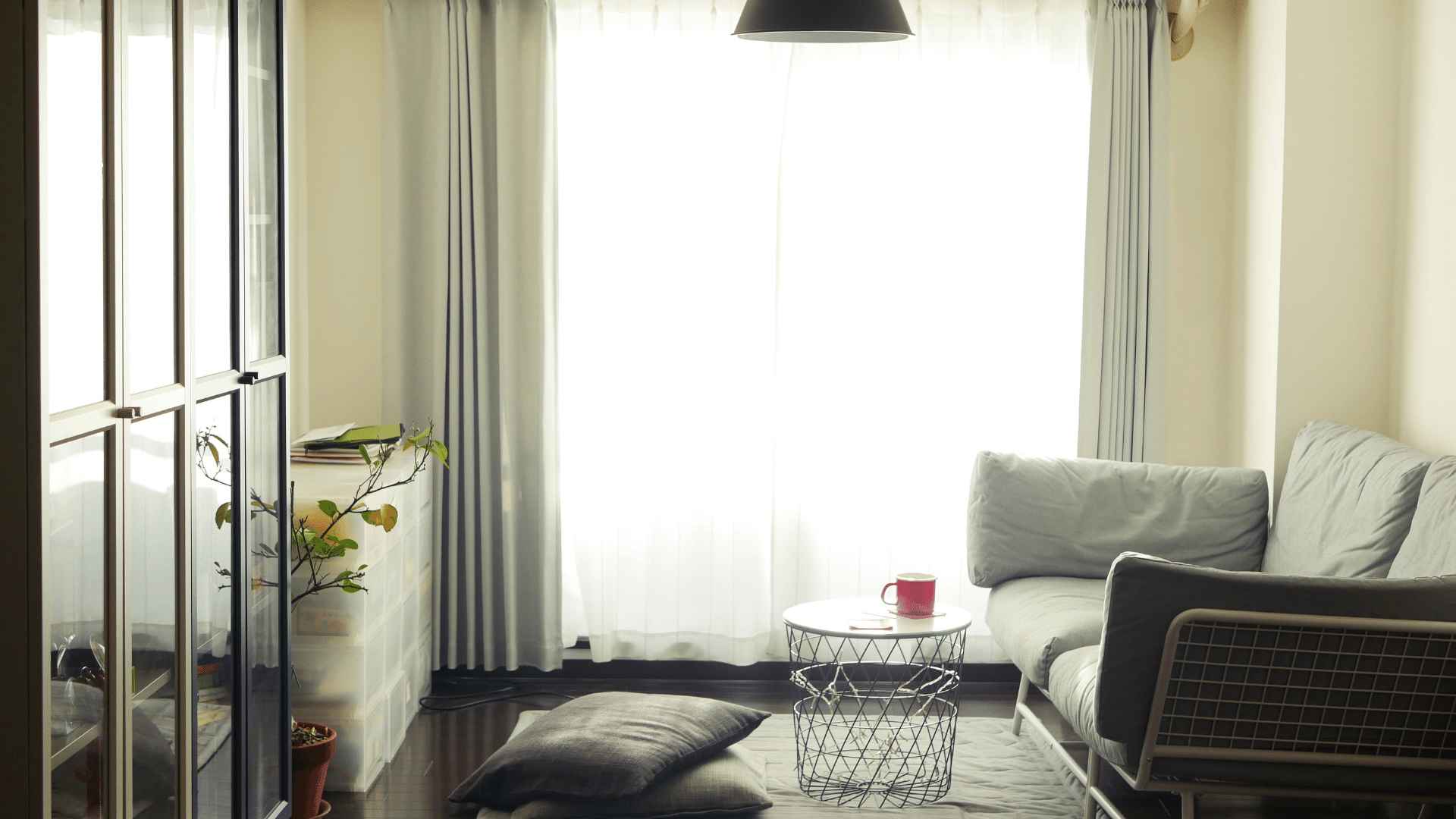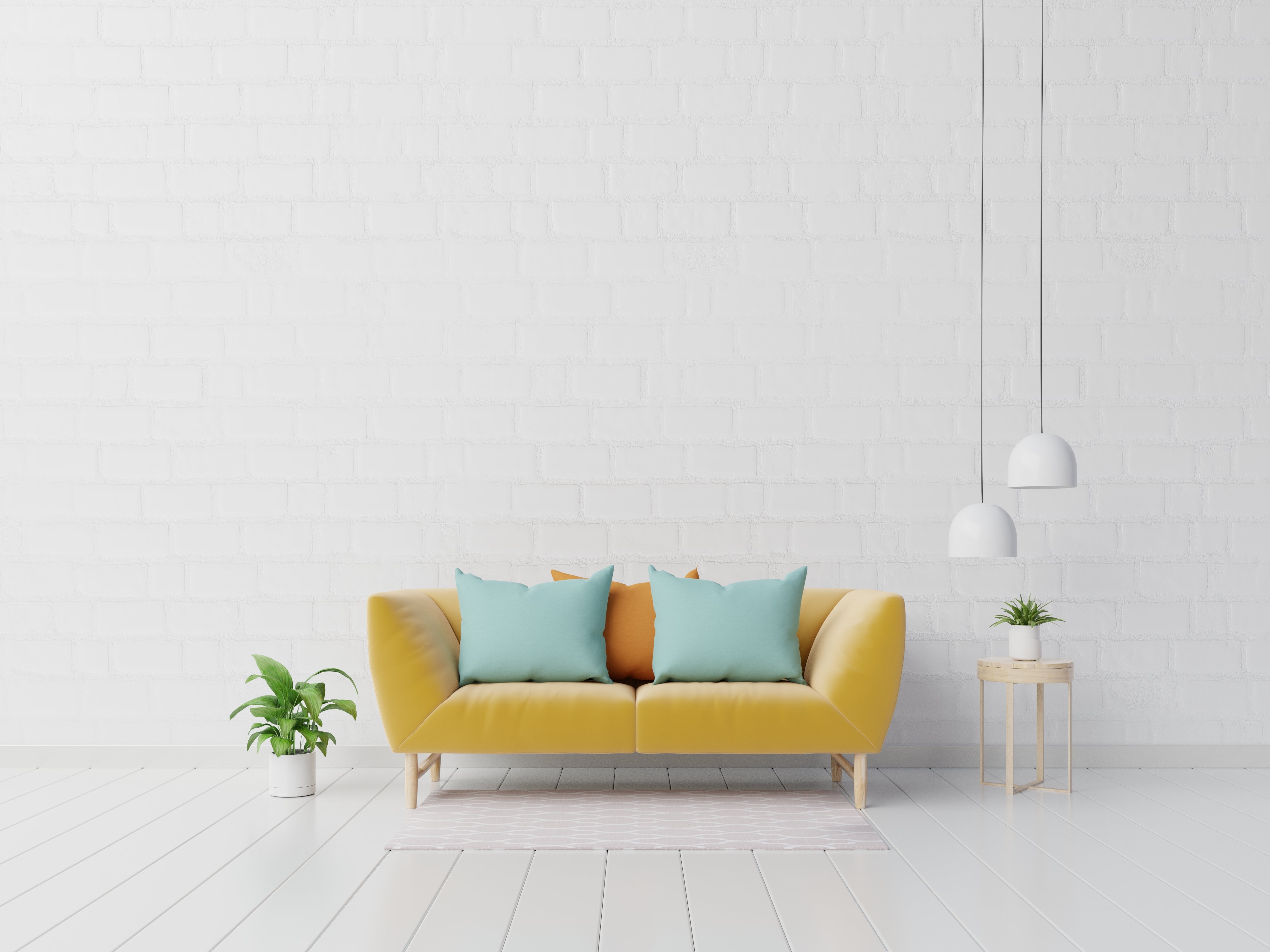A lot of people find tiny home living appealing, whether it's to start a tiny home rental business, live a minimalist lifestyle, or generate rental income. A few think that part of the experience is creating their own tiny house.
A profitable and fulfilling investment strategy is purchasing and holding real estate. Prospective real estate owners, in contrast to bond investors and stocks, can use leverage to purchase a property by paying a portion of the total cost up front and then gradually repaying the remaining balance, plus interest. For what reasons is real estate a good investment property? A wise investment has a high probability of yielding a profit.
Getting the most out of your investment is always your first priority when you're ready to make one. The same is true when buying a home, so before making a purchase, there are a few things you might want to think about, including size. It's simple to assume that the best value for your money comes from buying the largest house you can afford, but this isn't always the case.
Who usually buys a small home?
- New buyers. A small home could be of interest to you if you're looking to buy your first house as a less expensive way to start building equity.
- Travelers. You might choose to buy a smaller, more affordable property if you want to buy a vacation house to spend a portion of the year in.
- Those who favor a quiet way of life. A small home can be ideal for you if you're the kind of person who believes that less is more and don't want a larger one that needs more upkeep.
- Empty-nesters and retirees. Downsizing may be enticing to homeowners who no longer require extra bedrooms for guests or children.
Why choose a small space as investment property?
Smaller spaces are better investment properties because—surprisingly—they typically appreciate, or increase in value, more quickly than larger homes. In addition, even if your lender qualifies you for a larger loan, you don't always need a large house aside from capital appreciation. What you actually need and how much you can afford are only known by you.
Smaller homes with less space typically have lower price tags, but they can compete with larger homes with a little care. A smaller home can be quickly increased in value through renovation, which is excellent if you ever want to sell it.
Spending renovations may lead to profit
Depending on the house you select, there are modifications that can raise the value of your house. Updates to your kitchen and bathroom are expensive but almost always increase the value of your home when you sell. Generally speaking, landscaping, curb appeal in general, and energy efficiency upgrades pay off as well. You can choose between limited repairs and standard repairs with a renovation loan; both can assist you in making the improvements required to raise the overall appeal and market value of your house.
A smaller home, a fixer-upper, or a well-liked neighborhood are all excellent options to raise the return on your investment and get rental income. However, your selling price may start to soar when you begin to combine these three elements. You will probably get the best return on your investment if you buy a smaller, more tastefully decorated home in a desirable neighborhood. A smaller home may be what you're looking for if you want something that will increase in value steadily and quickly.
Benefits of small house as property investment
Larger doesn't always equal better, and this is particularly true when buying a house. Although they may appear more opulent, larger homes are also more costly to buy and maintain. Just imagine how much more cleaning you would need to do if you expanded your living area to include more rooms.
Whether you're a first-time home buyer or an empty nester trying to downsize, there may be practical and financial advantages to purchasing a smaller property.
1. Smaller homes cost is less
Searching for properties with a smaller square footage can significantly reduce the cost of property interest. Naturally, there are additional elements that affect a home's price, such as its location, features, and overall age and condition. However, larger homes in the same area typically cost more than smaller homes.
2. Lower mortgage
You can enjoy the advantages of homeownership while comfortably meeting your monthly payments if you have a smaller mortgage, which usually translates into a lower monthly payment. You run the risk of becoming "house poor" if purchasing a larger home means paying more than the threshold for your mortgage, utilities, and other housing costs. This occurs when housing expenses take up too much of your income and leave little left over for other expenses. Your budget will have more wiggle room if you purchase a smaller home with a smaller mortgage.
3. Smaller homes are energy efficient
Lower energy costs are another advantage of living in a small home. Maintaining a comfortable temperature in a smaller space uses less energy. Additionally, fewer lights and home appliances are typically found in smaller homes.
4. Lower maintenance costs
Having a small home saves time and money, whether you're maintaining it yourself or just cleaning it. Less space could mean the difference between having to pay for a cleaning service or managing a weekly cleaning yourself. Additionally, a smaller property entails lower landscaping and lawn care costs. Even if you're capable of doing those chores by yourself, a larger space will require more supplies and higher maintenance costs.
5. Cheaper to decorate or furnish
Furnishing a small house with fewer rooms is less expensive. A small condo unit is perfect for this. You can completely avoid those costs if you don't have room for a second or even third TV or an extra room for a guest bed. If you like, you can also save money on seasonal and holiday decorations for your home. Since there is limited storage space in a smaller home, the temptation to keep buying things may be reduced. This could assist you in spending less money on items and in making thoughtful, deliberate decisions about what you want to bring into your home.
6. Easier to sell
A smaller home will cost less than a larger one because square footage is usually a determining factor in home values. This implies that if you decide to sell, there will probably be a greater number of buyers who can afford smaller homes than larger ones. This might enable you to sell more quickly because of its fair value.
7. Less debt and risk
The wise financial move is to purchase a smaller home that is less than the total loan amount that you are approved for, as opposed to blowing your entire budget on a house. Your ability to handle unexpected bills, other monthly expenses, and your mortgage payment will improve, and you may be able to prevent debt accumulation. Overspending on debt is dangerous. You risk missing payments on your mortgage and going into foreclosure if you find it difficult to make your monthly payments.
You can benefit from lower costs as well as additional advantages like more financial freedom to invest in other aspects of your life. Always remember it's important to think about whether purchasing a tiny house would be a better fit for your lifestyle and financial situation.
